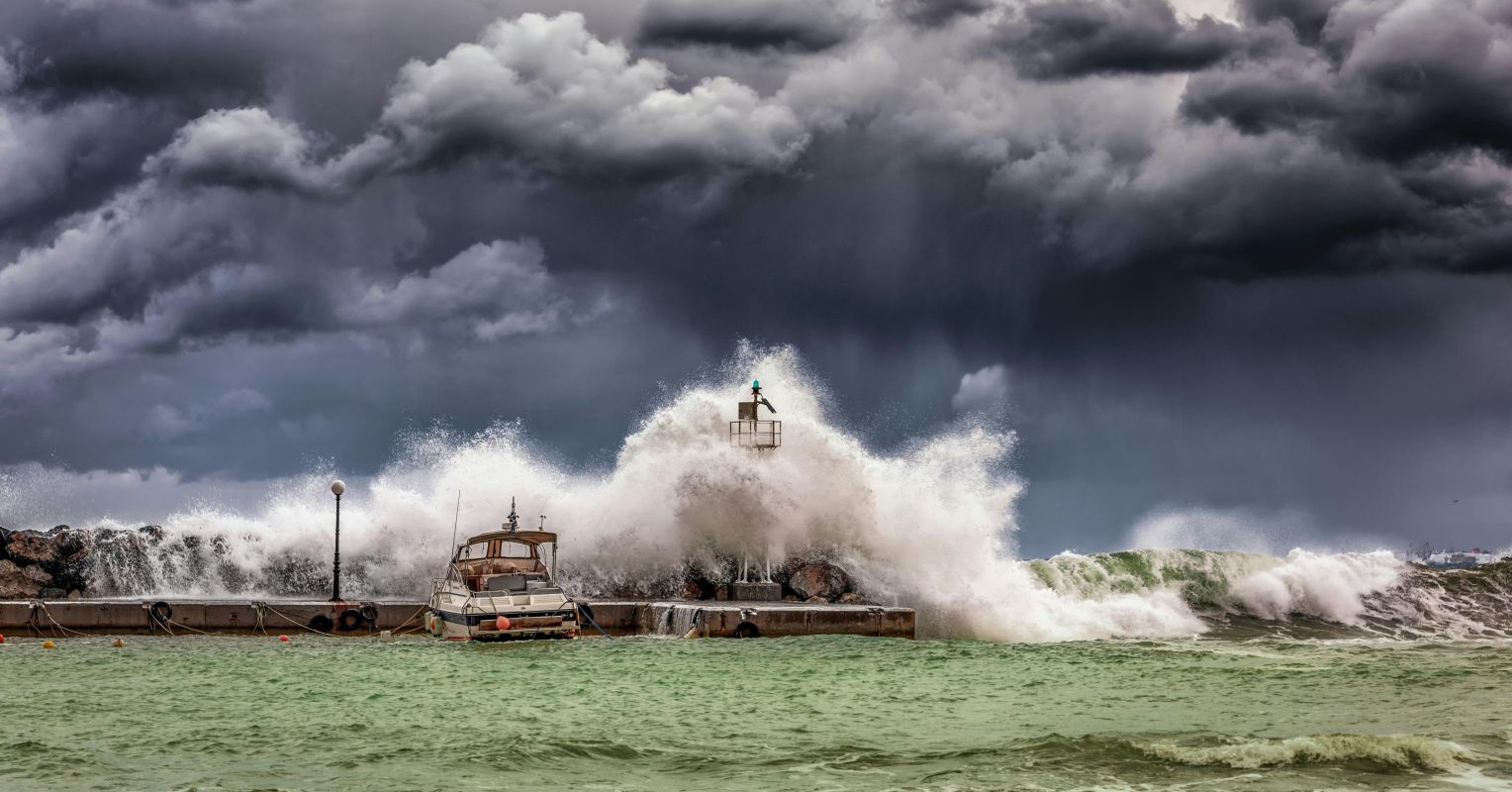
"Researchers have defined mass trauma as wars, natural disasters, mass shootings, and pandemics (Theodoratou, Kougioumtzis, Yotsidi, Sofologi, and Megari, 2023). The label of mass trauma also indicates that the trauma is persistent and widespread; the nature of mass trauma also results in human needs being greater than the available resources, thereby hindering the potential for those affected to be able to heal."
"present the survivors in their own words discussing symptoms of post-traumatic stress disorder that Theodoratou, Kougioumtzis, Yotsidi, Sofologi, and Megari (2023) identified as avoidance, re-experiencing, and complicated grief and loss. One example is the story of Lucrece Phillips, a former resident of the 8th ward at the time of Katrina. Ms. Phillips shared a vivid example of her re-experiencing and complicated grief and loss in an episode of National Geographic's docuseries, Hurricane Katrina: Race Against Time (2025)."
Hurricane Katrina occurred twenty years ago along the U.S. Gulf Coast and produced a mass trauma affecting evacuees and bereaved descendants. Mass trauma includes wars, natural disasters, mass shootings, and pandemics and is persistent, widespread, and often exceeds available resources, hindering recovery. Documentaries marking the anniversary feature survivor accounts that reveal symptoms consistent with post-traumatic stress: avoidance, re-experiencing, and complicated grief and loss. Survivor testimony, such as that of Lucrece Phillips, illustrates vivid re-experiencing and prolonged grief. Research indicates mass trauma impacts cortical and subcortical brain regions. Several appropriate mental health aftercare options exist for survivors of mass trauma.
Read at Psychology Today
Unable to calculate read time
Collection
[
|
...
]